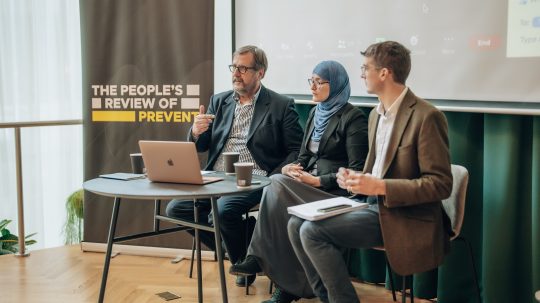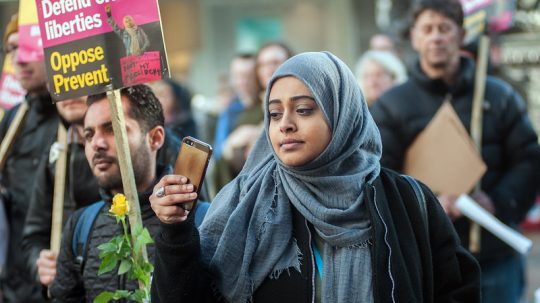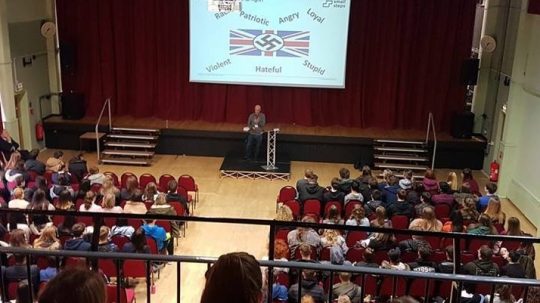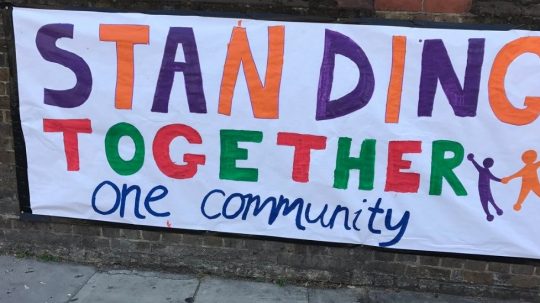What is Prevent? [Official Trailer]
Published on 18 Jul 2022
Prevent is a controversial aspect of the government’s anti-terrorism strategy, that many argue puts at risk the rights and freedoms of people – particularly Muslims – across the UK. This film explores the issues with Prevent, the government’s review of it and why 17 human rights organisations decided to boycott that review after Sir William Shawcross was appointed to lead it.
It features interviews with: Rania Hafez, senior education lecturer at the University of Greenwich, who tells us about how Prevent has impacted the education sector. Dr Shazad Amin, Deputy Chair of MEND (Muslim Engagement and Development), who provides an overall context of the issues with Prevent, and why MEND (along with 16 other organisations) signed up to the aforementioned boycott. And finally an anonymous story of a mother whose son was unfairly referred to Prevent at just 11 years old.
You can watch the full film here.
Keep up to date with our videos by subscribing to our YouTube account and always getting the first viewing of any video we launch.
Follow us on Twitter
Like us on Facebook.
Follow us on Instagram.
Connect with us on LinkedIn.






